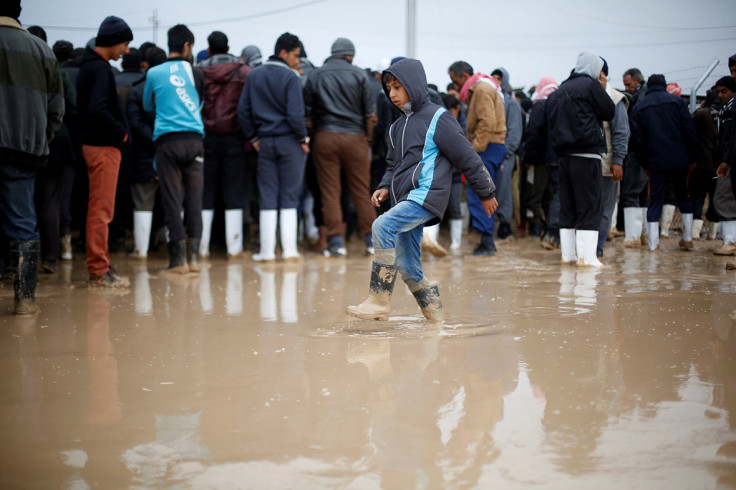Beaten, electrocuted and abused: Kurds accused of torturing Isis child soldier suspects
Kurdish authorities say 'no complaints' from prisoners but pledge that abuse will not be tolerated.

Kurdish soldiers in northern Iraq have been accused of electrocuting, beating and burning suspected Islamic State (Isis) child soldiers as young as 11 with cigarettes in a damning report by Human Rights Watch.
At least 17 children – all but one of which are Sunni Arabs from former Isis-held territory in northern Iraq – have alleged abuse and torture at the hands of Kurdish security services after being rounded up at a refugee camp 40 kilometres south of the Kurdish capital of Erbil.
They say that the Kurdistan regional Government (KRG) security forces – known as the Asayish – punched and kicked them, held them in stress positions and beat them with plastic pipes and cables. Nine of the young boys claimed to have been subjected to electric shocks.
A 14-year-old boy told Human Rights Watch that he was threatened with rape unless he confessed to being affiliated with Isis, while two others said they had considered suicide because of their treatment by the Asayish.
Kurdish forces with US backing have liberated swathes of northern Iraq over the past two years and Arab refugees from Mosul and other IS-held areas have flooded into Iraqi Kurdistan. The influx has presented security concerns for the KRG, which fears that IS could have infiltrated Kurdish territory.
Human Rights Watch claimed that in all 17 cases, the children had not been offered access to a lawyer and most had not been allowed to contact family members despite being held for many months. Nearly all the children said that they had eventually confessed to having worked with IS to end the torture.
"Legitimate security concerns do not give security forces license to beat, manhandle, or use electric shocks on children," said Lama Fakih, deputy Middle East director at Human Rights Watch. "Many children escaping from Isis are victims who need help, yet face further abuse by Asayish forces."
Isis (Daesh) has often used children – known as the 'Caliphate Cubs' – in its propaganda videos and journalists that have covered the Battle for Mosul have reported seeing the bodies of fighters as young as 15 on the streets. As Isis increasingly finds itself on the back foot in Iraq, it has reportedly stepped up its use of children as suicide bombers and rank-and-file fighters.
Human Rights Watch reported that at last 183 children – all boys – were currently being held on IS-related accusations and some of those its researchers interviewed had freely admitted that they received religious or weapons-related training from the jihadi group when it controlled their towns and villages.
But they also claimed that Asayish officers had forced them to confess to more serious crimes, such as the murder of Peshmerga forces or participation in battles.
"KRG authorities should ensure the well-being of children captured after living under Isis and not mistreat them," Fakih said. "The brutal abuse of children produces false confessions, can cause lifelong suffering, and blurs the moral line between Isis and its foes."
In a response to the report, Dindar Zebari, a deputy minister in the KRG, said that the use of torture and physical punishment against all prisoners was strictly prohibited under both the UN Convention Against Torture and the Iraqi constitution. Zebari added that added that "no cases have been reported against the arrest procedure or misconduct at arrest by Asayish against a civilian."
In a separate statement, the KRG said: "Any member of staff or officers from the Ministry of Interior and the Asayish who overlooks allegations of mistreatment and torture will have legal action taken against them."
© Copyright IBTimes 2025. All rights reserved.






















